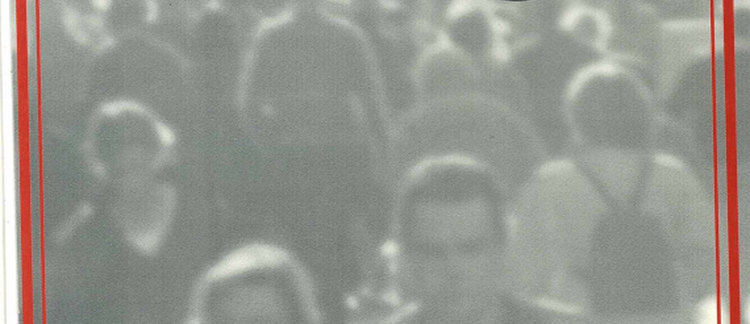Abstract
Beginning with a description of Belgian trends in weekly mass attendance, participation in rites of passage and acceptance of Catholic beliefs, this essay compares these trends with data from other West-European countries in order to establish whether Belgian trends are particular to that country or are rather similar to trends in other countries. To enable us to explain the trends, two prominent current theories in the sociology of religion — Rational Choice Theory and Secularization Theory — are used to analyse data on Catholics and former Catholics from eleven West European and Central European countries collected in the frame of the Religious and Moral Pluralism study. The outcome of this analysis allows us to elaborate a theoretical explanation of past trends based on Secularization Theory. Finally, we consider whether the secularization of European societies resulted on the individual level in a secularization of mind or compartmentalization. Starting from that point, we try to assess possible future trends for the laicization of the country and the consequences for the position of the Catholic Church in Belgium.
How to Cite:
Dobbelaere, K., (2003) “Trends in de katholieke godsdienstigheid eind 20ste eeuw: België vergeleken met West- en Centraal- Europese landen”, Tijdschrift voor Sociologie 24(1), 9–34. doi: https://doi.org/10.21825/sociologos.86571
Downloads:
Download PDF
View PDF

